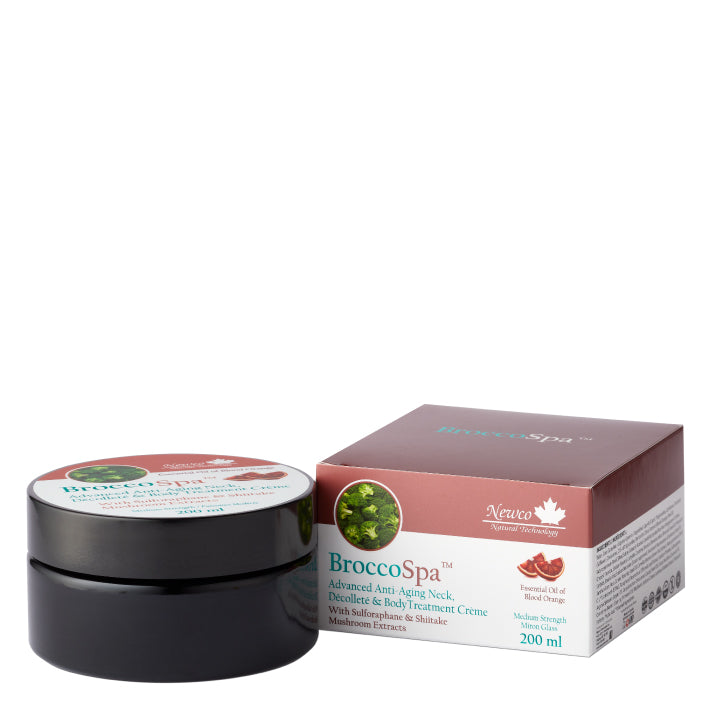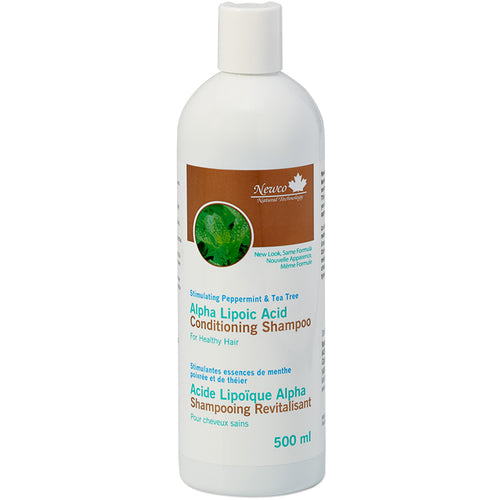Nutrients are gender-neutral—they don’t discriminate.But because the male and female incarnations of our species are not identical, nutritional benefits can differ somewhat between the sexes.
Among the dozens of supplement choices, these 10 offer some clear perks for men.
1. Multivitamins
The contents of multis can differ dramatically, from a handful of ingredients to a few dozen, with a variety of dosages. Consequently, it’s difficult to study multi-vitamin effects, and research results have not been consistent. But large, longer-term trials that compared specific supplement formulations with placebos have found less incidence of cancer, heart disease, and early death, and overall healthier aging, among men who supplement with a multi.
A French study of more than 13,000 men and women compared the effects of a placebo and a daily supplement containing a combination of antioxidants typically found in multis. After 7 years, researchers found that the supplement reduced risk of cancer and all causes of death in men, but not in women. The antioxidant supplements contained 120 mg of vitamin C; 30 mg of vitamin E (equivalent to 45 IU natural vitamin E or 67 IU of a synthetic form); 6 mg (10,000 IU) of beta carotene; 100 mcg of selenium; and 20 mg of zinc.
In another 11-year study, male physicians who were age 50 or older at the outset were given either a placebo or a once-daily multi with relatively low doses of essential vitamins and minerals. Researchers also estimated nutrient intakes from food. They concluded that the multivitamin lowered risk of cancer and, among men who consumed higher amounts of vitamins B, B, and D from food, risk of heart disease and death.
2. Vitamin D
In addition to being essential for overall and bone health, vitamin D is necessary for maintaining testosterone levels. The hormone responsible for manly traits, testosterone is essential for healthy aging, and when levels drop, the aging process speeds up. Higher levels of body fat are a sign.
Several studies have found that low levels of vitamin D correlate with low levels of testosterone, and that taking vitamin D supplements can raise levels of the hormone. Vitamin D also supports a healthy, brain, heart, and prostate. Men who are overweight need extra vitamin D because they use it less efficiently.
Recommendations for vitamin D supplement doses range from 1,000 to 5,000 IU daily, but individual needs should be assessed with blood tests, which are usually covered by health insurance. Optimum blood levels of the vitamin fall between 30 and 50 ng/mL.
3. Saw Palmetto
A traditional herbal remedy for an enlarged prostate (benign prostate hyperplasia, or BPH), saw palmetto supplements are extracts from berries of the tree of the same name. Although some studies have not shown benefits, others have found that 160 mg, twice daily, was as effective as a drug (finasteride, brand names Proscar and Propecia) in relieving nighttime urination and other BPH symptoms. Saw palmetto also helps to balance hormones and control inflammation.
4. CoQ10
Short for coenzyme Q10, CoQ10 is a vitamin-like substance that every cell uses to generate energy, especially in the heart and other muscles. Statins deplete CoQ10, and this is one reason why they cause side effects such as muscle weakness and aches. Studies have found that taking between 30 and 200 mg of CoQ10 daily can relieve statin-related muscle pain.
In both healthy people and those with angina or heart failure, research shows that CoQ10 improves heart function and energy. In addition, it can increase the density and quality of sperm, and has been used as a treatment for infertility. Effective doses range from 30 to 300 mg daily.
5. Maca
A native of the Peruvian Andes, maca has been consumed for over 2,000 years for energy and fertility. In recent years, studies of maca supplements support these benefits while finding that it also enhances sexual function, stamina, and physical performance in men.
One recent study at Nova Southeastern University in Davie, Fla., tested a patented form of maca (Lepidamax) and found improved sexual function, enhanced energy, and stronger hand grip among men who took 2,100 mg of the supplement daily for 28 days. Women did not experience the same benefits. Other studies have found that between 1,500 and 3,000 mg of dried maca root, or maca extract supplements, enhanced sexual function.
6. Pumpkin Seed Oil
In several studies, pumpkin seed oil reduced symptoms of BPH, improved urinary function in men with overactive bladders, and improved quality of life. Studies also suggest that pumpkin seeds can slow the growth of prostate cancer cells. Other research shows this healing fat may also help support heart health, blood sugar balance, and hair growth. The dosage for BPH is 1,000–2,000 mg daily. In research on male baldness, the dosage used was 400 mg daily.
7. Turmeric or Curcumin
Both the herb turmeric and its active component curcumin can relieve prostatitis, a painful infection of the prostate, and help prevent and stop the growth of prostate cancer. The herb is anti-inflammatory and fights bacteria and viruses. A study of chronic bacterial prostatitis found that 200 mg of curcumin, taken with 100 mg of quercetin and an antibiotic for 14 days, worked better than the antibiotic alone in eliminating the infection and preventing recurrence. For prostate-cancer prevention, 100 mg of curcumin combined with 40 mg of soy isoflavones effectively lowered a risk marker for the disease. Turmeric or curcumin are often taken alone to reduce inflammation or relieve pain. Typical daily doses range from 500 to 2,000 mg of curcuminoids, which should be noted on the label.
8. Arginine

An amino acid found in many protein-rich foods, arginine is needed to produce sperm
and dilate blood vessels, helping to address high blood pressure, angina, low sperm count, and erectile dysfunction. It also helps to prevent infection and heal injuries. Arginine can be in short supply in times of stress, infection, or injury. In studies, 1,600–2,800 mg daily, taken for 6 weeks, has been effective for ED for many (but not all) men. To enhance sperm count and fertility, try 4,000 mg daily for a few months. For heart health, doses vary.
9. Magnesium
An essential mineral for hundreds of body processes, including muscle relaxation, magnesium is depleted by antacids and heartburn drugs, and is lacking in any diet that isn’t rich in vegetables and fruits. Adequate magnesium can prevent muscle cramps and sleep problems. And research shows that magnesium supplements increase levels of testosterone. Helpful doses are 200 mg daily or more.
10. Theanine
Tea doesn’t have a macho connotation in our culture, but it was the favored drink of legendary Samurai warriors. It contains theanine (also called "L-theanine”), an amino acid that has a relaxing effect while enhancing mental focus. Taking a theanine supplement during the day can help bust stress or relieve anxiety without making you feel drowsy, and taking it in the evening can help you sleep. Common doses range from 100 to 400 mg daily. If you’d rather get your theanine in tea, avoid brews with lots of sugar.
Written by vera-tweed for Better Nutrition and legally licensed through the Matcha publisher network. Please direct all licensing questions to legal@getmatcha.com.






